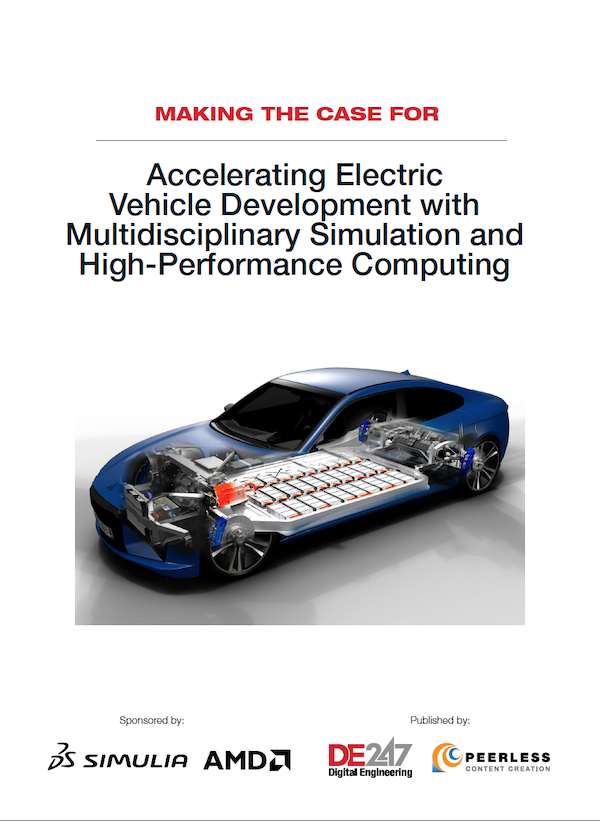Designing and developing new automobiles has traditionally been a years-long, complex process. However, global demand for electric vehicles (EV) is rapidly increasing – according to some estimates, the number of EVs sold could double over the next several years.
Due to market requirements of delivering new EVs faster while meeting consumer demands, design, engineering, and manufacturing teams need to transform their development workflows. However, they are often faced with using legacy and disconnected development tools and processes.
Download this new guide, where we outline how a unified approach to design and multidisciplinary simulation from Dassault Systèmes, combined with high-performance computing powered by AMD EPYC™ processors, can help product development teams collaborate on accelerating EV development to meet demands for performance, efficiency and sustainability.
Download today
Latest News
Siemens Launches to Equip Startups with Digital Technology
Siemens to collaborate with Amazon Web Services to offer access to Siemens Xcelerator ecosystem, according to Siemens.
NVIDIA Expands Omniverse With Generative Physical AI
Developers Accenture, Altair, Ansys, Cadence, Microsoft and Siemens among first to adopt platform libraries.
AMD Offers Expanded Commercial AI PC Portfolio
AMD Ryzen AI Max, AMD Ryzen AI 300 Series and AMD Ryzen 200 Series processors bring performance for next-gen AI PCs.
Dell Updates AI PC Portfolio
New, simplified PC portfolio delivers modern designs, long battery life and enhanced AI performance.
CES 2025: NVIDIA Add Generative Physical AI to Omniverse
NVIDIA expands AI functions in Omniverse with generatigve physical AI models
Ansys, Kontrol, and TÜV SÜD Partner with Microsoft
Companies showcase virtual homologation toolchain for automotive regulatory compliance and safety.
All posts









